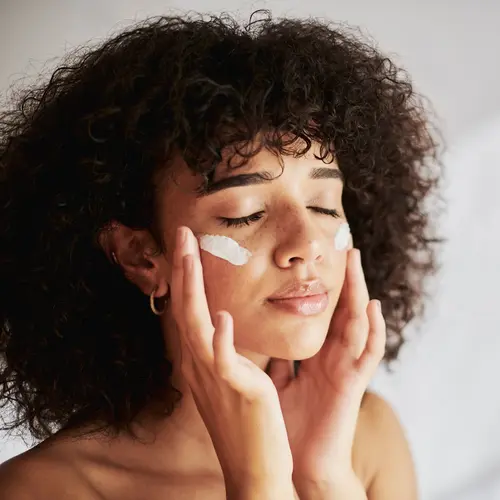What Is Botox?
Botox is a drug doctors have been using for years to treat wrinkles and facial creases. Botox is a brand name of a toxin made by the bacterium Clostridium botulinum. There are other brands, such as Dysport and Xeomin. Botox is the term you hear most often because it was the first injectable botulinum toxin.
How Is Botox Used?
The most common reason doctors use Botox is to reduce the appearance of face wrinkles. But getting a Botox shot can help treat other conditions, such as:
- Severe underarm sweating (hyperhidrosis)
- Cervical dystonia, a neurological disorder that causes severe neck and shoulder muscle spasms
- Blinking that you can’t control (blepharospasm)
- Eyes that point in different directions (strabismus)
- Chronic migraine
- Overactive bladder
How Does Botox Work?
Botox blocks signals from the nerves to the muscles. The injected muscle can't contract. That makes wrinkles relax and soften.
Botox is most often used on forehead lines, crow's feet (lines around the eye), and frown lines. Botox won’t help with wrinkles caused by sun damage or gravity.
How Is a Botox Procedure Done?
Getting Botox takes only a few minutes. You won’t need anesthesia. The provider uses a small needle to inject Botox into specific muscles with only minor discomfort.
It generally takes 7 to 14 days to take full effect. It’s best to avoid alcohol starting at least 1 week before the procedure. You should also stop taking aspirin and anti-inflammatory medications 2 weeks before treatment to help prevent bruising.
Avoid rubbing the injection site for 24 hours so you don’t spread the Botox to another area. Your doctor may also tell you to stay upright for 4 hours after the shots and to take a day off from exercising.
How Long Does a Botox Shot Last?
The effects from Botox will last 3 to 6 months. As muscle action slowly returns, the lines and wrinkles begin to reappear and need to be treated again. The lines and wrinkles often appear less severe with time because the muscles are shrinking.
What Are the Side Effects of Botox?
You may have some temporary side effects after a Botox injection. These could include:
- Bruising. This is the most common side effect and will go away.
- Headaches. Typically, these are rare and end in 24 to 48 hours.
- Eyelid drooping. This happens with only a small percentage of people and usually goes away within 3 weeks. It usually happens when the Botox moves around, so don't rub the treated area.
- Crooked smile or drooling
- Eye dryness or severe tearing
- Mild pain or swelling around the injection site
- Flu-like symptoms or a general unwell feeling
- Upset stomach
- Numbness
- Weakness in nearby muscles
Who Should Not Get Botox?
People who are pregnant, breastfeeding, or have a neurological disease shouldn’t use Botox. Because Botox doesn't work for all wrinkles, check with a doctor first.
You shouldn’t have Botox shots if you’re allergic to cow’s milk protein.
Will Health Insurance Pay for Botox?
Botox isn’t covered by insurance when used for cosmetic purposes. Check with your health insurance company for coverage details.


